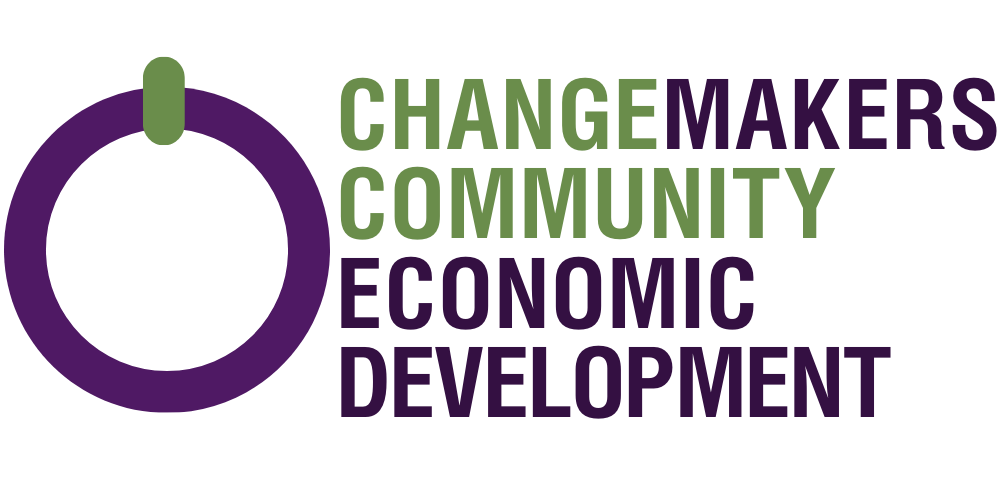Debt Management Series-Part 7
Debt Management Series
Part 7: Maintaining Financial Stability and Avoiding Future Debt
Welcome to the final part of our series. Congratulations on making it this far!
In this post, we'll explore strategies for maintaining financial stability and avoiding future debt once you've paid off your current debts.
STEP 1: BUILD A STRONG EMERGENCY FUND
Continue building your emergency fund until you have 3-6 months' worth of living expenses saved. This will provide a safety net for unexpected expenses and prevent you from falling back into debt.
STEP 2: CREATE LONG-TERM FINANCIAL GOALS
Set new financial goals to keep yourself motivated and focused. These could include:
Saving for a home
Investing for retirement
Funding your children's education
Taking a dream vacation
STEP 3: LIVE WITHIN YOUR MEANS
Adopt a lifestyle that fits within your income. Avoid lifestyle inflation and resist the temptation to increase spending as your income grows. Stick to your budget and prioritize savings and investments.
STEP 4: USE CREDIT WISELY
If you use credit cards, do so responsibly. Pay off the balance in full each month to avoid interest charges. Limit the number of credit cards you have and use them primarily for convenience and rewards, not for extending your spending power.
STEP 5: CONTINUE EDUCATING YOURSELF
Stay informed about personal finance and continue learning about money management. Read books, attend workshops, and follow reputable financial blogs to keep your knowledge up to date.
STEP 6: REGULARLY REVIEW YOUR FINANCIAL PLAN
Your financial situation and goals will evolve over time. Regularly review and adjust your financial plan to ensure it aligns with your current circumstances and future aspirations.
Maintaining financial stability and avoiding future debt requires ongoing effort and vigilance. By building a strong emergency fund, setting long-term goals, living within your means, using credit wisely, continuing your financial education, and regularly reviewing your financial plan, you can achieve lasting financial health and peace of mind.
Here are some online apps that may help you create your plan. ChangeMakers Hawaiʻi is not affiliated with any of these sites. We want to provide you with tools to help you succeed.
Qapital: An app that helps you save and invest automatically towards your financial goals.
Acorns: Automatically invests your spare change and helps build long-term savings.
Chime: An online banking app with no minimum balance requirement, and no monthly service fees. In-app feature to automate your savings.
Thank you for joining us on this 7-part journey to tackle your debt. Remember, the road to financial freedom is a marathon, not a sprint. Stay committed, be patient with yourself, and celebrate every step of progress you make. You've got this!
Remember, you're not alone on this journey. We're here to help you every step of the way. Want more help and advice, consider signing up for ChangeMakers Hawaiʻi’s Kanakanomics program.
Missed any part of the series? Check them out below.










